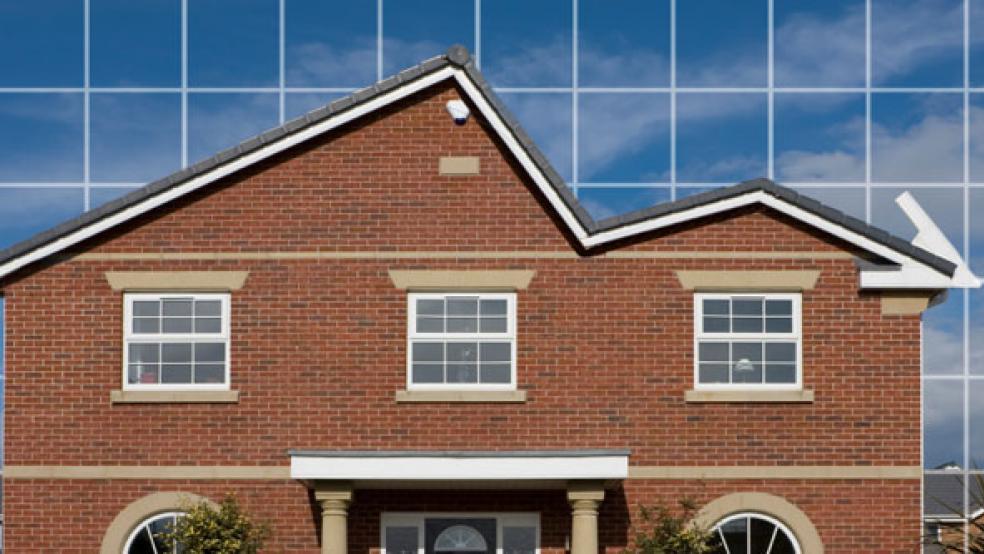High numbers of foreclosure sales continue to drag down U.S. housing prices, and any recovery in the market may still be years off. Sales of bank-owned homes and those in some stage of foreclosure accounted for 28 percent of all residential sales in the first quarter of 2011, according to RealtyTrac, the largest online market for foreclosed properties.
A healthy housing market typically has less than 5 percent of foreclosure property sales, a level not seen in the U.S. since 2007. Homes in foreclosure usually sell at a steep discount and current weak buyer demand along with a bloated supply of distressed properties is further weighing down prices.
Even though foreclosures represent a high percentage of overall home sales, the total volume of has declined. Third parties purchased 158,434 bank-owned homes and those in some stage of foreclosure during the first quarter, a 16 percent decline from the previous quarter.
That represents a Catch-22 for the housing market. Foreclosure sales may put pressure on prices in the short-term, but the market will not fully recover until it has worked through its bloated inventory of distressed properties. The nation’s largest banks and mortgage lenders currently own more than 872,000 homes — properties they repossessed from foreclosure, according to RealtyTrac, nearly twice the number repossessed in 2007. And banks are due to repose another 1 million homes in foreclosure.
“The reality is we need these numbers to be high so the faster we clear out the inventory and the sooner we can bring the housing market back,” said Rick Sharga, senior vice president of RealtyTrac.
One of the primary reasons for the backlog in foreclosures is a government crackdown in the wake of the shoddy practices by lenders. On Wednesday, Attorney Generals in California and Illinois expanded their probe of questionable foreclosure practices, including “robo-signing,” or getting borrowers to sign documents without proper review.
Nearly two years after the recession officially ended and the housing market has gone from bad to worse, says Paul Dales, economist with Capital Economics. Many economists worry that the rise in lender-owned homes is creating another vicious cycle, in which the growing inventory of distressed property further depresses home values and leads to even more distressed sales.
“While this inventory is sitting out there you are seeing less home building and less new home sales, and new home sales is typically one thing that drives home sale appreciation,” Sharga said.
The widespread fear of a double dip in the housing market has turned into a reality. After a brief period of stabilization in early 2010, prices have fallen for more than 57 consecutive months, according to Zillow. Between March 2010 and March 2011, the market saw an 8.2 percent decline. Dales previously predicted home prices would fall at least another five percent this year, but that may prove to be too optimistic, he said.
“The housing drop is the most serious threat to economic expansion,” Mark Zandi, economist with Moody’s Analytics, told Bloomberg News. “We won’t see much of a turnaround certainly in terms of pricing this year.”
On Wednesday the Federal Housing Finance Agency’s (FHFA) released their Home Prices Index which showed prices slipped a seasonally adjusted 2.5 percent in the first quarter of 2011, the largest quarterly decline since the fourth quarter of 2008. FHFA uses home price sales information from Fannie-Mae and Freddie-Mae acquired mortgages. The Index fell 0.3 percent in March and is 19.8 percent below the April 2007 housing peak.
Related Links:
Fannie, Freddie Back 75 Percent, Q1 Mortgage Securities (Reuters)
State Attorneys General Announce New Steps in Foreclosure Probes (Bloomberg)
US House Republicans Battle with Industry Groups on Housing (Nasdaq)





